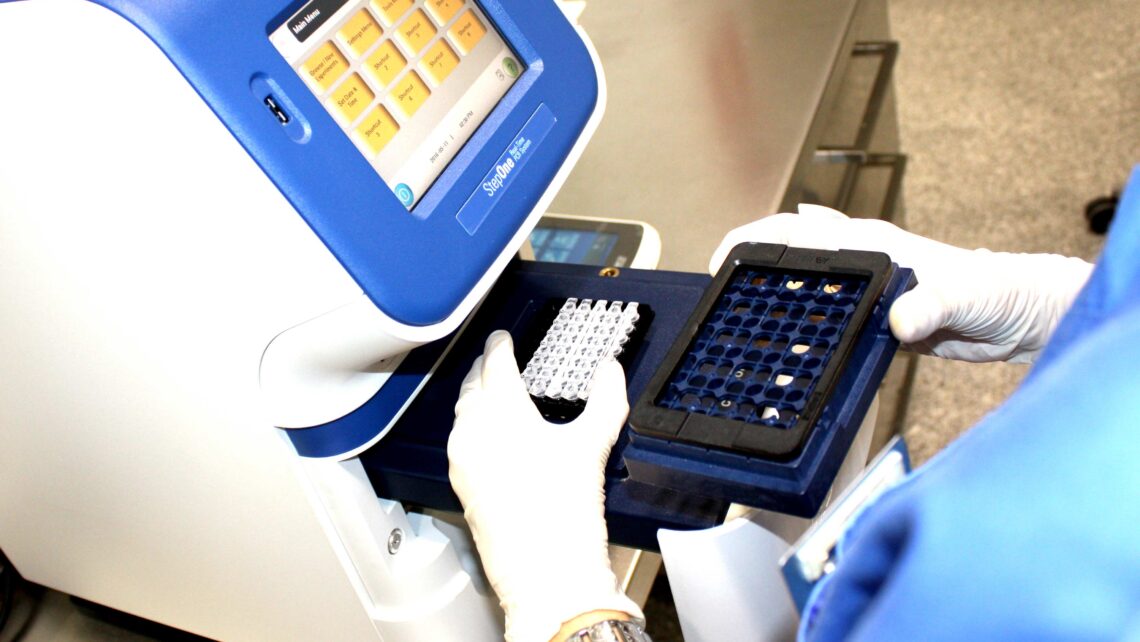IB Research: Genetic analysis with a view to selecting the most suitable medication for improving ovarian response.
13-09-2016

In the Spanish Fertility Society Congress in Malaga between the 19th and 21st May, Dr Belén Lledó will give an oral presentation on research work entitled ‘Recombinant or urinary FSH? Is receptor genotype key when choosing the FSH?’
Ovarian stimulation is key to results obtained following assisted reproduction techniques. The use of the right drugs in the right quantities can ensure that the objective is achieved. That is, obtaining the maximum number of eggs which then means that the best embryo can be selected and pregnancy can be achieved. In most cases, ovarian response is sufficient. However, in others, it is insufficient or, indeed, it is even possible to trigger an elevated response which causes ovarian hyperstimulation syndrome.
In order to carry out ovarian stimulation, medication known as gonadtropins are mainly used. These encourage the growth of more than one ovarian follicle per cycle, thus enabling the retrieval of a greater number of eggs than the single egg obtained in a natural cycle. Medication has evolved of the years and there are currently a variety of products which differ from each other in terms of the method used to obtain and purify the gonadtropin. Understanding and, therefore, choosing one over the other for ovarian stimulation in order to achieve optimum ovarian response, is a controversial issue.
Research has been carried out on different genetic variants (polymorphisms) linked to ovarian stimulation and the variant of the S680N gene in the FSH (follicle-stimulating hormone) receptor has been shown to be a predictive factor in ovarian response. Until now, data was not available on the efficiency of the use of different gonadtropins depending on the polymorphisms in the FSHR. Our aim was to determine if that polymorphism affects ovarian response depending on the type of medication used.
A study was carried out on almost 400 ovarian stimulation cycles in patients who have undergone cycles using different types of medication and with different variants in the FSH receptor gene. A comparison of the response in these patients lead to the conclusion that the FSHR gene variant may be a key factor not only for determining dosage, but also the type of gonadtropin to be used. It can, therefore, help in the selection of the most appropriate medication in order to optimise ovarian response. This is particularly true in poor responder patients in which protocol optimisation and personalisation is crucial in getting the maximum number of eggs.
Instituto Bernabeu is a leading entity in research on the identification of genetic variants that affect ovarian stimulation. The work has led to the publication of articles in various international scientific magazines and communications in congresses. This particular line of research is one of the first projects carried out from within the Poor Response Unit at Instituto Bernabeu., In this unit, patients have access to the latest innovations for personalised diagnosis and treatment of their reproduction issue. The aim is to achieve optimum ovarian response and, for most couples, avoid having to turn to anonymous egg donation.
RECOMBIANANT OR URINARY FSH? THE RECEPTOR GENOTYPE IS KEY WHEN MAKING THE CHOICE. B. Lledo, P. Dapena, R. Morales, J. A. Ortiz, J. Guerrero, J. Ll. Aparicio, R. Bernabeu.
